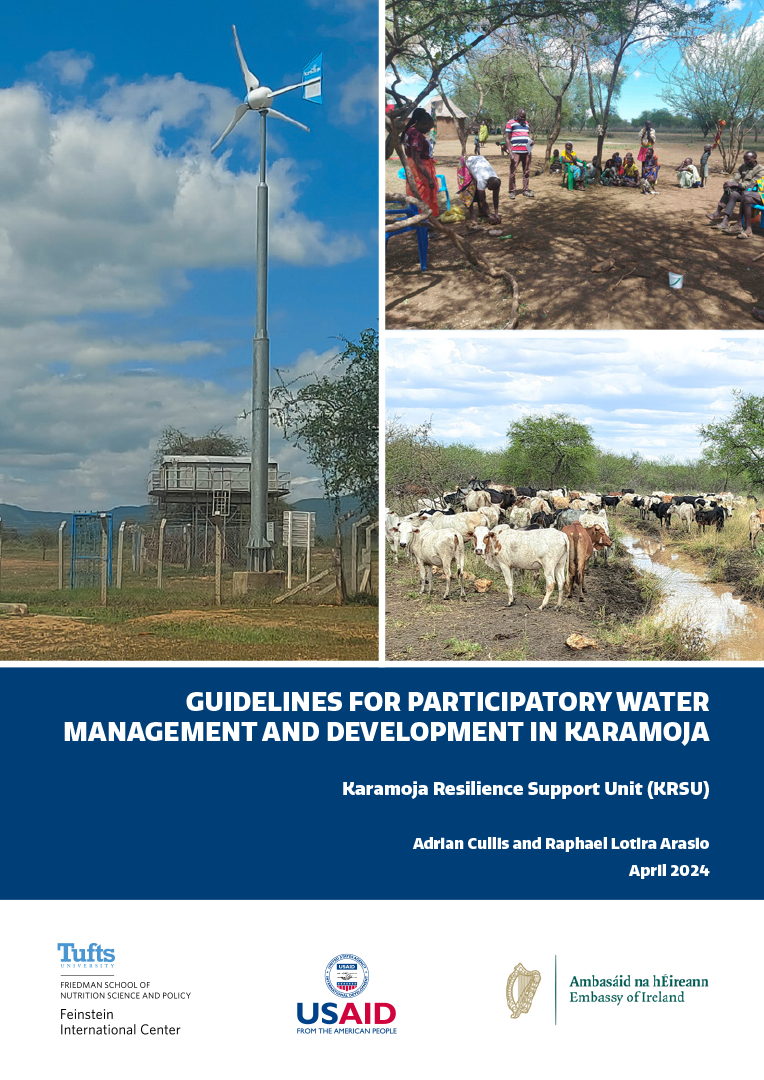Very few governments fully embrace pastoral regions or populations, and, with the exception of Somalia, the relationships between pastoral groups and federal governments have been contentious in the Greater Horn of Africa.
Over the past three decades, however, countries like Kenya and Ethiopia have decentralized government functions to local-level structures, generating a governance system that better represents pastoralists’ needs and priorities.
This desk study explores the extent to which state-owned policies and programs are able to deliver effective emergency responses and overcome humanitarian and development silos, while incorporating pastoral needs, priorities, and strategies.
The study asserts that better aligning the state and pastoral perspectives can further improve current policies and programs, while providing more sustainable development pathways for international support.
This desk study is part of a three-year project on pastoral areas of the Sudano-Sahel and the Greater Horn of Africa. The project focuses on how early warning systems and humanitarian responses in pastoral areas can be more aligned to the realities and local needs of communities, thereby improving the lives and livelihoods of pastoralists.
Note: This publication was revised to incorporate additional sources and replaces the previous version published in July 2024.







